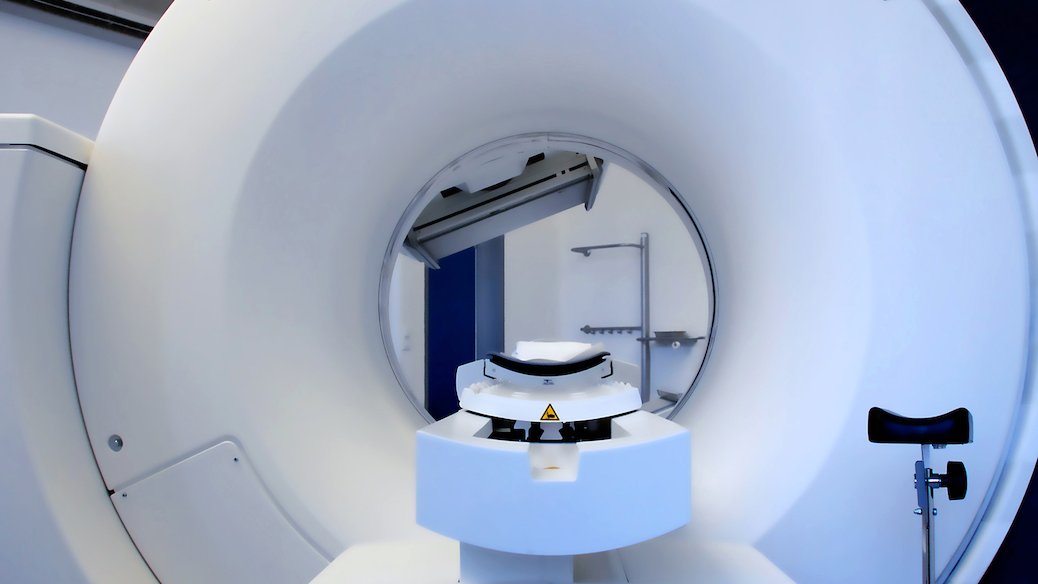Medical technology, technical healthcare
Surgical robots, ventilators, hearing implants, computer tomographs - the healthcare sector is teeming with high-tech products. Medical technology combines all the medical, scientific, engineering and IT expertise required for the development of such technologies.

Overview of the academic discipline
Students in this field of study generally deal with medical technology, with technologies for oral surgery, for better hearing or vision or for regaining mobility (orthopaedics or rehabilitation technology). The courses on offer cover a broad spectrum of research and development, ranging from procedures and device technology for fast and precise diagnosis and gentle therapy to the analysis, modelling and simulation of living systems and subsystems through to the development of biomaterials and organ replacement.
The more generalist Medical Technology department develops solutions for requirements from medical practice (diagnosis and treatment) and translates these into industrial products. Examples include imaging procedures such as positron emission tomography (PET), virtual training simulations for the education of doctors, laser therapy in ophthalmology, neurotechnical implants, the development of biocompatible materials or endoscopic surgical methods. Increasingly, topics from data science and computer science are playing a role.
Other degree programmes in technical healthcare focus on specific technologies that compensate for certain health impairments and cure diseases, such as hearing technology, audiology or orthopaedic and rehabilitation technology.
Which topics are included in the curriculum?
The Bachelor's degree programme offers modules in natural sciences (medicine, human biology, biochemistry) and technology (mathematics, physics, computer science, materials engineering, electrical engineering, measurement and sensor technology, technical mechanics, production engineering). Basic business management knowledge and specialised foreign language lessons are also included. Internships and project work are often part of the timetable.
Depending on the specialisation, a specialisation course may follow. Modules such as biomechanics, medical microsystems technology, regulation and control technology, electrical engineering, medical device construction, biotelemetry, lightweight construction, technical orthopaedics and rehabilitation technology, hearing acoustics, ophthalmic optics, biocompatible materials, cardiotechnology, digital image and signal processing, robotic systems, environmental and hygiene technology, medical safety technology and quality management await you here.
Practical phases are an integral part of the degree programme at both universities of applied sciences and universities.
What are the requirements?
Sometimes a pre-study work placement is required. Good knowledge of maths, physics, biology and computer science is also useful.
What study programmes are there to choose from?
The Bachelor's and Master's degree programmes are offered at universities of applied sciences and universities. In addition to ‘Medical Technology’, the degree programme titles include: ‘Biomedical Engineering’, “Sports Medical Technology”, “Biomedical Engineering” or “Dental Technology”. Specialisations are possible in the Master's degree course, such as ‘Biofabrication’, ‘Hearing Acoustics and Audiological Technology’ or ‘Neural Engineering’. Some universities also offer dual study programmes.
What job opportunities are there after graduation?
Medical technology engineers work in the medical and healthcare industry, in research and development, production, assembly, service and sales. They also find employment in hospitals, clinics, sanatoriums and laboratories. There are also jobs in engineering offices, consultancies, software companies and insurance companies.
